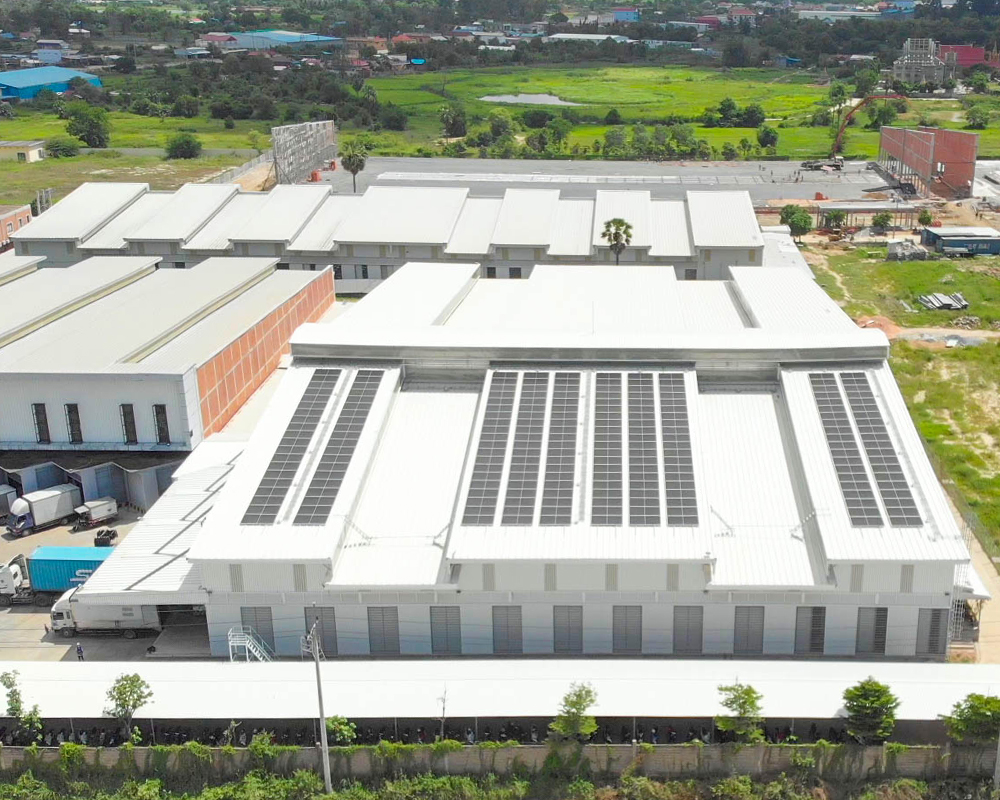
Congress Looks to Impose Annual Fee on EVs to Fund Highway Projects
[ad_1]

For years now, spending from the national Highway Trust Fund has outpaced the amount of taxes on the fossil fuels and heavy vehicles that feed it. Lawmakers in Washington took a step this week to add a new source of revenue to the HTF in the form of fees on electric and hybrid vehicles, but experts say there are still more ways officials could ensure the fund’s future solvency.
The HTF is used to fund highway projects and, to a lesser degree, mass transit. Congress hasn’t raised the gas tax that is the fund’s primary source of revenue since 1993, and the tax is not tied to inflation. Since 2007, HTF has received $724.5 billion from user taxes, but its outlays have totaled $932.2 billion, according to Jeff Davis, senior fellow at the Eno Center for Transportation. While testifying before the House Committee on Transportation & Infrastructure’s subcommittee on highways and transit April 29, Davis said the gap is projected to continue growing to the point that taxes will bring in less than 50 cents per dollar of HTF outlays by 2030 or 2031.
Davis attributed the decline to several factors. For the HTF’s first 50 years, the total vehicle miles-traveled in the U.S. increased by an average of 3.2% per year, keeping pace with inflation. But that increase has slumped to an average of 0.5% per year since 2007. Vehicles have also become more fuel-efficient over the decades, reducing the amount of fuel taxes collected per mile traveled. And lawmakers have been unwilling to increase gas taxes even as outlays have outpaced revenue. Plus, inflation in construction prices has reduced the HTF’s spending power further. And as electric vehicles become more prevalent, they threaten to help further erode the level of revenue coming in unless lawmakers impose user fees.
“Make no mistake, the trust fund didn’t go broke because of electric vehicles,” Davis said. “But the rate of EV adoption controls the rate of which motor vehicle tax receipts will continue to decline in the future.”
The transportation and infrastructure committee approved a measure April 30 to add a $250 annual registration fee on EVs and a $100 fee on hybrid vehicles. The final measure increased the proposed EV fee from $200 and eliminated a proposed $20 fee on other vehicles.
The fees are estimated to generate more than $38 billion over 10 years, according to ommittee chair Rep. Sam Graves (R-Mo.).
“Our highway funding system is founded upon the principle that roadway users must pay for their use of the system,” Graves said during the hearing. “Failing to restructure our surface transportation funding sources will have severe consequences for our nation’s transportation system and the American people.”
The measure will join legislation from other committees as part of the larger reconciliation package that House Speaker Mike Johnson (R-La.) has said he wants to get passed by Memorial Day.
The move has seen broad support from the construction industry. Groups including American Road & Transportation Builders Association (ARTBA), Associated General Contractors of America, American Society of Civil Engineers, International Union of Operating Engineers, American Association of State Highway and Transportation Officials (AASHTO), American Concrete Pavement Association, American Institute of Steel Construction, National Asphalt Pavement Association (NAPA) and Laborers International Union of North America signed onto a letter calling on lawmakers to add a fee on electric and hybrid vehicles to help ensure all drivers are paying to upkeep the national highway system.
“The Highway Trust Fund revenue package put forward by Chairman Graves would begin an overdue conversation and bring fresh ideas to a problem that has been avoided for too long,” said Dave Bauer, president and CEO of ARTBA, in a statement.
However, various EV, environmental, health and other advocacy groups wrote in a letter to the committee that any new fees should fall under the bipartisan surface transportation reauthorization process rather than the budget reconciliation process. The groups also criticized the fee on EVs as “neither fair nor appropriate.”
“This annual fee structure for electric vehicles would not solve the revenue gap in the Highway Trust Fund,” they wrote.
The $250 annual fee is more than double what the average driver pays in fuel taxes as of 2023, according to Davis. The average gas tax amounts were about $80 for drivers of cars and $112 for drivers of pickup trucks and SUVs.
Experts who testified before the subcommittee April 29 offered several suggestions for HTF revenue in addition to EV fees. Carlos Braceras, executive director of the Utah Dept. of Transportation and past president of AASHTO, spoke about how the state launched the country’s first road usage charge program. Under it, EV drivers can either pay a flat fee of $140 per year, or can pay mileage up to the same amount. The program is part of a “diversified toolbox” with an inflation index fuel tax, targeted fees and general fund contributions to help pay for various transportation projects, he added.
“We’ve found it’s going to take several revenue sources to solve,” Braceras said.
Ty Johnson, the president of Raleigh, N.C.-based contractor Fred Smith Co. who testified on behalf of NAPA, said lawmakers could use a combination of multiple tools to fund the HTF. Those could include EV registration fees, as well as increasing the federal gas tax, implementing a national vehicle miles traveled fee or adding a national gross vehicle weight fee.
Without action to ensure HTF’s solvency, contractors could be forced to lay off workers, leading greater time and costs for future projects when work picks up again, Johnson said. On the other hand, knowing that more work is coming allows contractors to invest, hire more employees, expand their offices and buy more equipment.
“The biggest mistake we could make is to do nothing,” Johnson said. “It is a broken system.”
[ad_2]
Source link
Post a Comment
You must be logged in to post a comment.






